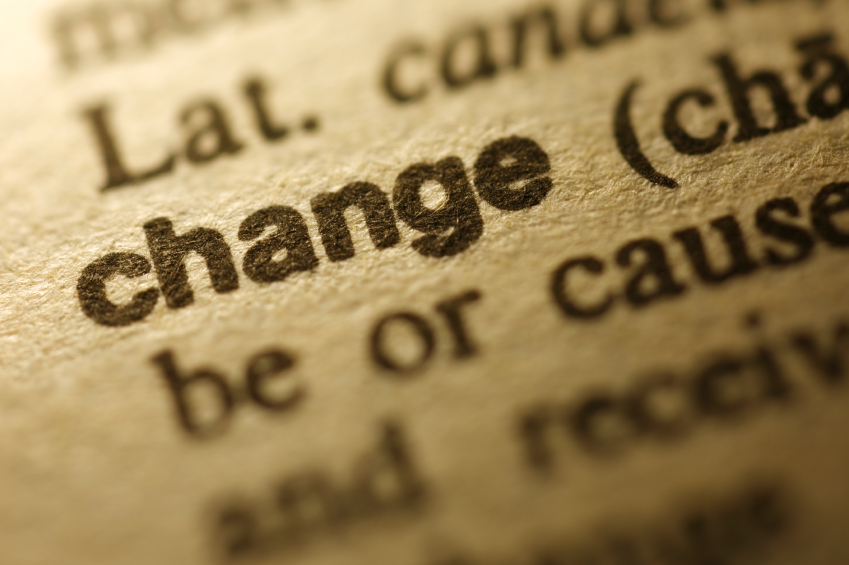In my last blog, I talked about how in these turbulent times, businesses of all shapes and sizes, even non-profits, are finding that their old ways of doing things are just that — old. They need to change their culture, but they don’t know what their current culture is, or how to go about changing it.
I then described how from our earliest childhood, our mind forms a story (which others help us craft) and it doesn’t like to deviate from that story, which makes change difficult. I also talked about the workshop I conducted for Eric Buehler’s November 2022 Enterprise Agility Global Conference on how to adapt an organization’s culture during fast-changing times. You can view the slideshow of my workshop here.
In this blog, I’d like to delve into how change is literally pain but it can be done, and often, must be done.
Now that we’re more or less past the pandemic, why have some companies adapted while others just haven’t?
The question asked by many of our prospective clients is: “How do we respond and even thrive, both post-pandemic and in the future, when everything around us is changing?” Ironically, quite well, it seems. Well, at least for some.
Many of the companies we work with either in person or in our workshops have had banner years during this crisis. They adjusted to the shift in their workplace, responded to the new generation of employees, built new systems for managing hybrid or remote work, and even found solutions to supply chain challenges. So, what’s the problem?
The catch is that this isn’t true for all organizations. As one HR person told me, “It is not that we haven’t done well. But the older employees want the younger employees, and often the women, to come back to the office — like, now! The younger employees, though, both men and women, love the flexibility, enjoy their non-office work life, and don’t miss the commute or the water cooler conversations.”
Today’s workers don’t want to go back to the past
As new research out of the UK by the workplace platform provider Envoy and Sapio Research suggests, the hybrid or remote work life offers benefits that far exceed those of the past one. The report revealed that “given the option, most UK knowledge workers prefer to work from the office in some capacity. Of the workers who have returned to the office, more than half (57%) would choose a hybrid work model, splitting work between in-office and home. Meanwhile, 38% indicated they preferred to work in-office full-time, and only 5% want to work remotely all the time.”
Case in point: One of our clients had provided remote work as an employee benefit before the pandemic and then was frustrated that employees post-pandemic did not see this benefit as a perk but rather as a given.
Yes, the times, they are a-changin’. We need to change with them.
Yes change is hard but it’s also exciting. It opens up new opportunities and new stories that are proving to be very valuable for companies as they adopt new technologies, business models and staffing…all of which lead us to the bigger question: How does a company build a culture that can thrive in these unfamiliar and fast-changing times?
To build a new culture, you have to start with a new story
1) First, the story you live each day is an illusion in your mind.
Believe that your mind does exactly what it thinks you want it to do. You are perfectly capable of doing new things. Your brain, however, is designed to challenge the unfamiliar, the new, the strange, and the threat to your habits. When it does, the amygdala creates a lot of cortisol, creating brain pain.
2) Second, if this is true, and it is, you need to create a new story when changes disrupt the old ways of doing something.
This new story will be about you, your daily activities, the behaviors you love to do (or don’t), and how to turn this fresh “lemon” into the proverbial “lemonade.”
3) With that in mind, you need to create this new story with others who will share it with you.
Cultures are the powerful forces that help us evolve and thrive. Our shared behaviors, along with trusted beliefs and values, have catapulted us across the globe as a very successful species, diversifying not through new species but through new cultures. The changes brought on by the pandemic and all the newly adopted technologies demand that we rethink our culture and build ones that are going to enable us to be more agile and adaptive.
Yes, change is literally pain but once you know how to do it, it becomes the way you do things.
Change becomes a beneficial habit built around the things you need to do to continuously improve, adapt, innovate…and thrive. To change your organization’s culture, take your time, but move swiftly to assess where you are today and how your current culture is working (check the metrics and outcomes). Then once you’ve made the changes, ask yourself: Is the old better than the new, or is it just what it has always been? Acknowledge that “the new” may feel overwhelming at times. But change is always overwhelming. Let your brain and your mind enjoy the journey forward, and make change your friend.
Ready to get serious about change? We can help.
At Simon Associates Management Consultants (SAMC), we’re all about helping organizations adapt to change. To find out how we could help your business thrive in these rapidly changing times, please contact us. We’d love to discuss how our team of specialized corporate anthropologists and business change management advisors can suggest ways you and your business can better weather today’s many challenges (and crises) to achieve even greater success. We look forward to hearing from you.
From Observation to Innovation,
Andi Simon, Ph.D.
CEO | Corporate Anthropologist | Author
Andisimon.com
Info@simonassociates.net
@simonandi
LinkedIn



